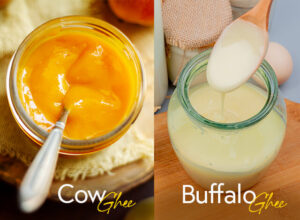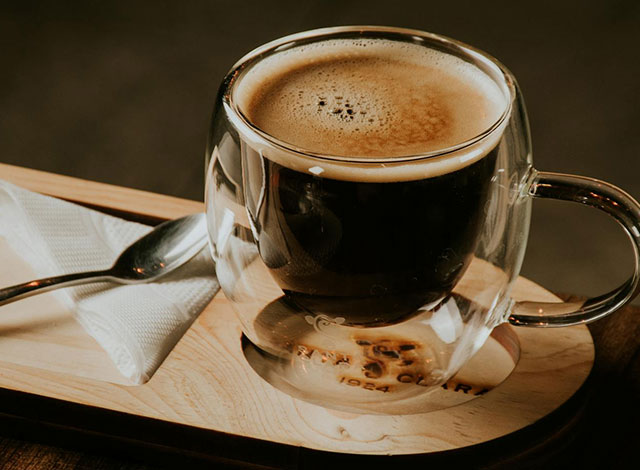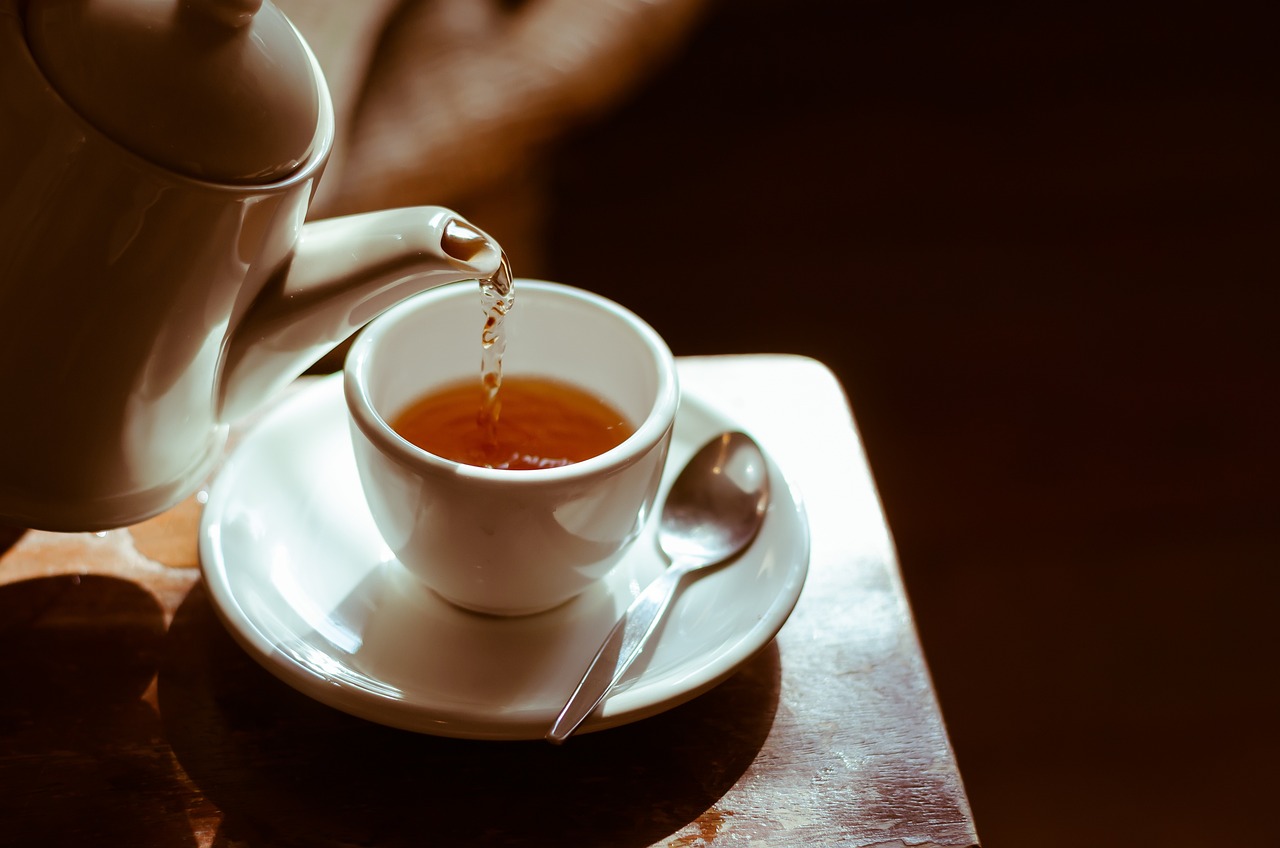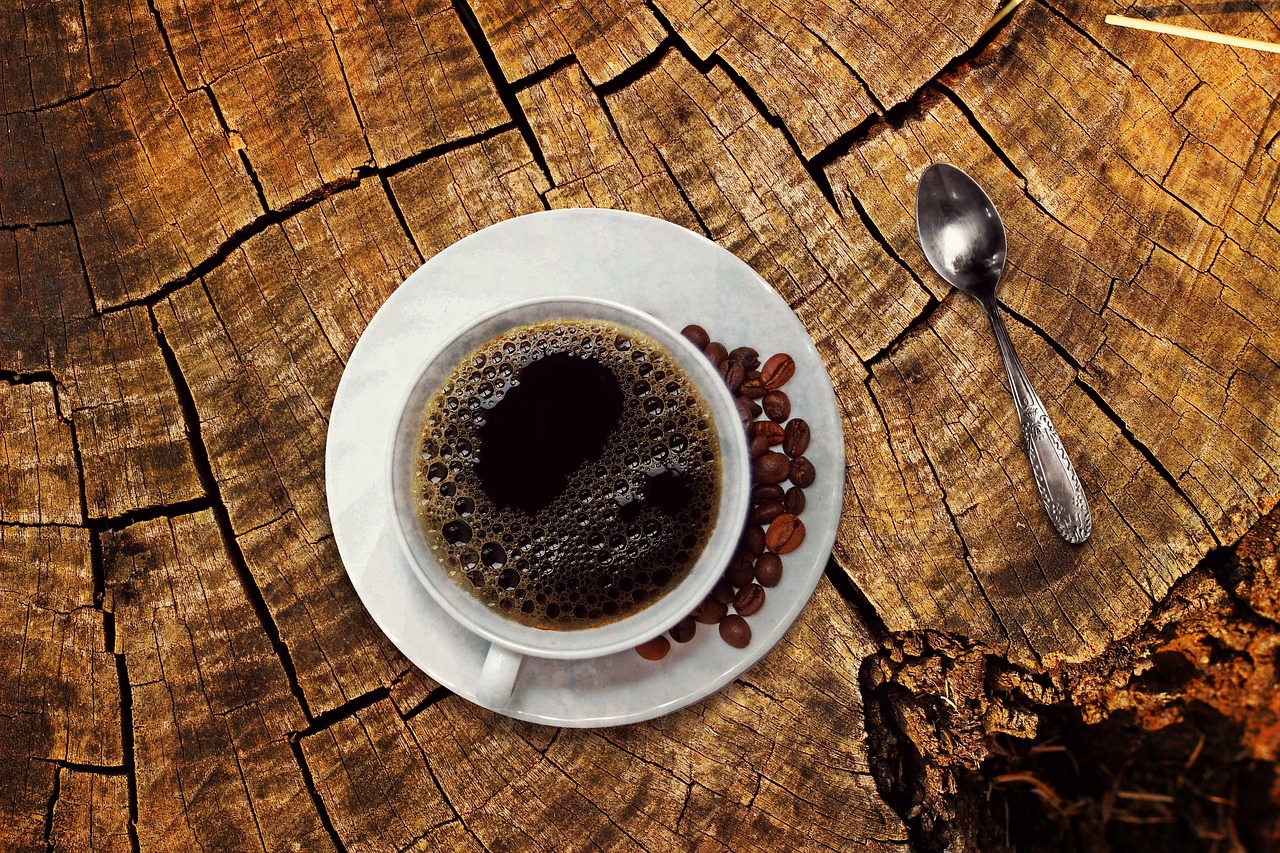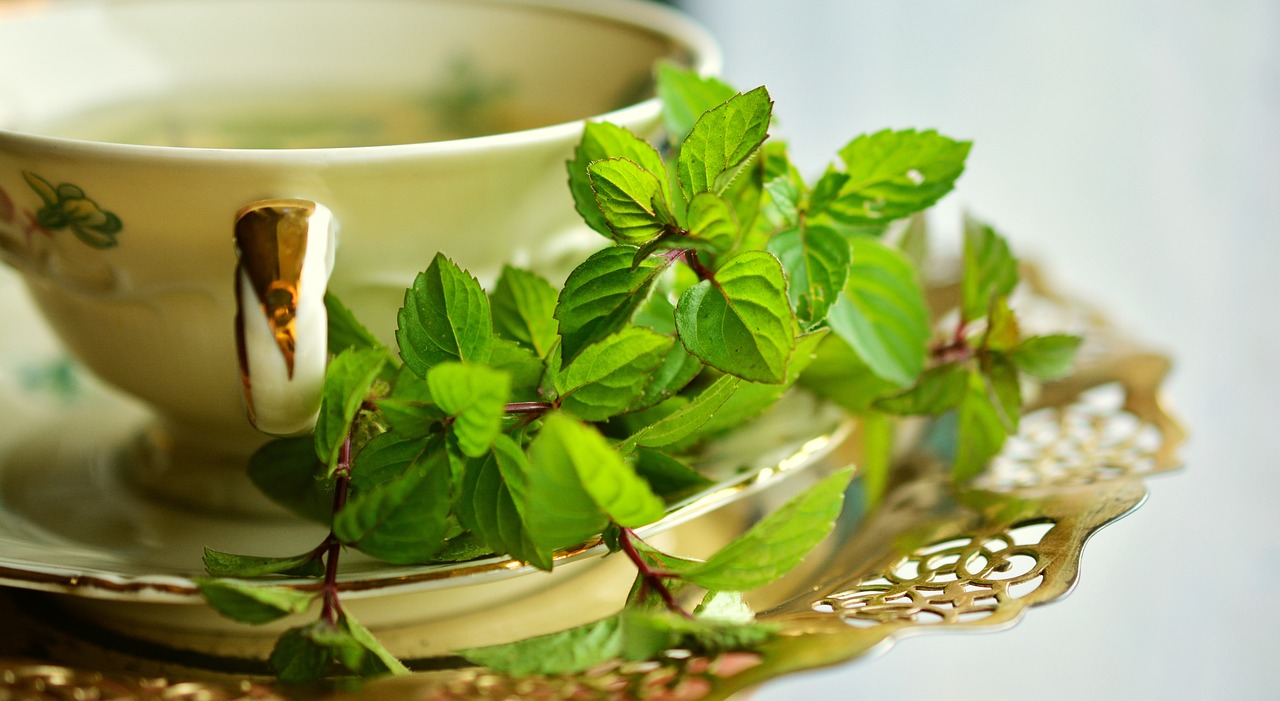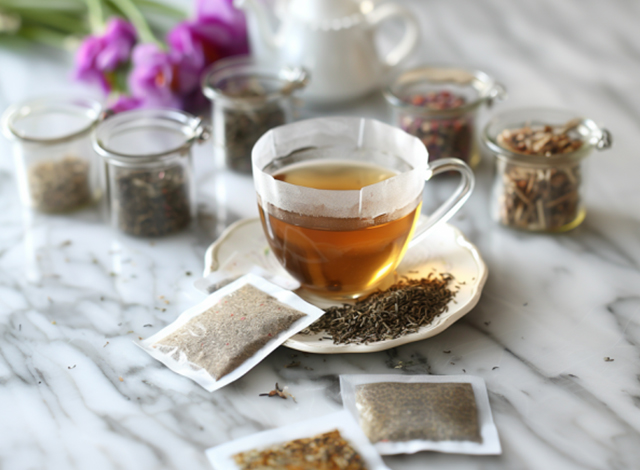- What is Ghee?
- How’s it made?
- Health benefits of ghee
- 3.1 Supports heart health
- 3.2 Boosts Vitamin A intake
- 3.3 Helps Weight Lose
- 3.4 Boosts immunity
- 3.5 Improve skin health
- 3.6 Improves hair health
- 3.7 Improves Digestion
- 3.8 Boosts energy
- 3.9 Helps clogged nose
- 3.10 Improves eyesight
- 3.11 Aids in bone health
- 3.12 Has healthy fats
- 3.13 Treats burns
- 3.14 Treats menstrual problems
- 3.15 An appetizer
- Nutrition information
- FAQs
What is ghee?
Ghee is made by boiling off the water in processed butter and separating the milk and butterfat, exactly like clarified butter. The Indian method takes the process a step further, basically caramelizing the milk solids before straining the butterfat to give the resulting ghee a richer flavour and a deeper colour.
How’s it made?
To make ghee, butter is slowly simmered until all the water has evaporated off. The milk proteins, often known as “solids,” separate from the lipids at this same moment and sink to the bottom of the pan. After that, the solids toast and caramelize, giving the liquid a rich scent. The golden liquid that remains after filtering the mixture is pure fat, or ghee! Currently, lactose and casein are absent (except from trace levels). Because of this, even people who are lactose intolerant can enjoy ghee, which is free of allergens.
Health benefits of ghee
You are aware of the significance of cow ghee as a component in Indian cooking. It gives each dish its unique flavour, but it also has several health advantages that make it a must-have in our daily diet. These are a few of the most important ones to be familiar with:
Supports heart health:
Ghee has a high concentration of monounsaturated omega-3 fatty acids although it is heavy in fat. These essential fatty acids support the heart and blood arteries in good condition. According to studies, including ghee in a balanced diet helps lower unhealthy cholesterol levels.
Boosts Vitamin A intake:
Vitamins A, D, E, and K are plentiful in cow ghee and are vital in ensuring normal human cell growth and function. It also has an array of antioxidants which protect against the damage caused by free radicals, which is a major factor in heart disease and some types of cancer. Including cow ghee in our normal diet is a simple method to meet our nutritional needs and defend against numerous illnesses that are brought on by a deficiency in antioxidants.
Helps Weight Lose:
Ghee has Medium-chain fatty acids, that break down more quickly than long-chain fatty acids and thus more easily absorbed. MCFA does not have to be stored as fat; instead, the body can use it to make energy. This may encourage a quicker metabolic rate, which could aid in weight loss. Ghee contains a fatty acid called conjugated linoleic acid (CLA), which some research indicates may be beneficial for weight loss. CLA is an interesting ingredient for anyone trying to lose weight because it has been related to both an increase in metabolism and a drop in body fat.
Boosts immunity:
An effective immune system is essential to good health. Also, because cow ghee is a high source of antioxidants, it boosts immunity by preventing the body from producing free radicals, which can lead to many chronic illnesses like inflammatory diseases, cataracts, heart problems, and other disorders. Plus, cow ghee is an essential component of any regular diet due to its wide nutritional spectrum and antioxidant qualities.
Improve skin health:
Ghee is a cheap skin care cure without adverse effects. Cow ghee, a natural moisturizer, can keep your skin feeling soft and hydrated. The fatty acids provide the skin with the much-needed moisture that makes it glow. To look your best every day, make sure you use this natural skincare tip. Simply apply a few drops of ghee to your palm and rub it in a circular motion over your hands and face. After leaving it overnight, rinse it off with warm water.
Improves hair health:
The potential of ghee to promote hair development is one of the most important hair perks. Vitamins A, D, E, and K are abundant in ghee, as are good fatty acids that support and promote hair growth. Ghee can be used to massage your scalp and hair to stop hair loss while stimulating strong, healthy hair growth. Ghee for hair growth is therefore a true miracle!
Improves Digestion:
By stimulating the secretion of digestive enzymes to facilitate easy food breakdown, cow ghee supports gut health. Because it has lower fatty acids, the body can absorb it more easily and it breaks down quickly. By promoting regular bowel movements, cow ghee consumption also helps avoid constipation.
Boosts energy:
This “desi” ingredient has 112 calories per tablespoon. Due to the medium-chain fatty acids (MCTs) in ghee, which the body absorbs and uses as energy.
Helps clogged nose:
Sinus congestion can be eased by using ghee. Ayurveda says you can unclog your nose by applying a few drops of warm ghee. This works by cleansing the body of dangerous toxins. Additionally, applying ghee to the inside of the nose traps allergens that may cause a sinusitis impact.
Improves eyesight:
Ghee has many benefits, including reducing wrinkles and dark circles, promoting calm and sound sleep, and moisturizing the sensitive area around your eyes. “Netra tarpana,” an Ayurvedic eye remedy, is another recipe that calls for ghee. Particularly for your eyes, this treatment is a powerful ally for your overall well-being. This treatment is thought to help lubricate and nourish the eyes, enhance vision, and guard against eye disorders.
Aids in bone health:
Because cow ghee benefits and penetrates the deepest tissues of the human body, it is the most needed base in Ayurveda medicine formulation. Because of this, it also works well to strengthen and increase the density of bones. By lubricating the bones, it decreases stiffness and joint pain. It also helps to lessen the symptoms of arthritis. Also, it is recommended to regularly drink cow ghee to keep up overall conditioning, bone strength, and long-term mobility.
Has healthy fats:
Antioxidants, vitamins, and good fats are all the. Though eating fat in moderation is recommended, research shows that eating fatty foods, like ghee, might help the body’s absorption of certain vital vitamins and minerals. Using ghee to cook veggies and dishes may increase the amount of nutrients you get.
Treats burns:
With its anti-inflammatory, antibacterial qualities ghee can speed up the healing process and offer relief for small cuts, burns, and abrasions. It’s a well-liked home treatment for swelling and burns as well.
Treats menstrual problems:
Cow ghee can help with cramps, PMS, and irregular cycles. Ghee can reduce nausea and balance hormones. It also provides nourishment to the ovaries, fallopian tubes, and uterine muscles. Some suggest that consuming one teaspoon of pure ghee with every meal reduces the chance of period cramps.
An appetizer:
Pure desi ghee can be consumed raw as an appetizer spread on toast or used as a condiment in salads. Many more recipes, including parathas, poha, and sweets, can be made with ghee. Ghee also adds taste to food and supplies the body with good fats.
Nutrition information
This is the nutrition information for every 15g (one tablespoon) of desi ghee.
| NUTRITION INFORMATION | For 15g of ghee |
| Calories | 130 |
| Fat | 15g |
| Sodium | 0mg |
| Carbohydrates | 0g |
| Fiber | 0f |
| Sugar | 0f |
| Protein | 0f |
| Vitamin A | 107.5mcg |
| Vitamin E | 0.4mg |
| Vitamin K | 1.1mcg |
To wrap it up, AVT Ghee is an assurance that tradition and innovation can coexist. AVT has expertly combined tradition and cutting-edge manufacturing methods to create a product that stands out. The highest standards of health and wellness are ensured while providing customers with an authentic flavor of tradition through the purity and quality of AVT Ghee. One thing is abundantly evident when we explore the rich history and careful craftsmanship of AVT Ghee: its constant dedication to client satisfaction and its commitment to perfection. So, AVT Ghee remains the gold standard, improving lives one spoonful at a time, whether it’s enhancing culinary masterpieces or feeding the body and soul.
FAQs
-
What happens if we eat ghee daily?
Despite having a high-fat content, ghee is high in Omega 3. It is well-recognized that omega-3 fatty acids support cardiovascular health. Research shows the benefits of eating ghee are decreased levels of blood cholesterol and a decreased risk of coronary heart attack.
-
Does ghee reduce belly fat?
Ghee’s special power allows the body to burn fat cells that have been stored as energy, which speeds up weight loss. Ghee’s amino acids also help to reduce fat cells in the area surrounding the stomach, thighs, and buttocks.
-
What is best time to eat ghee?
Ayurveda suggests that consuming a small bit of ghee first thing in the morning on an empty stomach improves metabolism, digestion, and absorption of nutrients.
-
Which is better ghee or oil?
Ghee is healthier than refined oils. Use ghee in moderation though because it has lots of fats and calories.
-
How to eat ghee for maximum benefits?
Ghee is best consumed cooked if you want to reap all its health advantages.
-
Why is cow ghee better?
Due to its lower cholesterol content, cow ghee is seen as being healthier than other butters. It has antioxidant, antibacterial, and antifungal qualities, and contains vitamin A, which is beneficial to the eyes and brain.
-
Can we eat cow ghee at night?
Eating it in the evening can help with digestion, promote calmness, and relax the body—all of which contribute to a restful night’s sleep.
-
Does ghee increase cholesterol?
Ghee, or clarified butter, can raise cholesterol levels due to its 60% saturated fat content. But, when consumed in moderation, can be part of a healthy diet without adversely affecting cholesterol levels.
Popular Products
AVT Dairy Sure Premium Cow Ghee 200ml Jar | AVT Dairy Sure Dairy Whitener 400g Polypouch | AVT Dairy Sure Dairy Whitener 200g Polypouch | AVT Dairy Sure Premium Cow Ghee 1000ml Jar | AVT Dairy Sure Premium Cow Ghee 500ml Jar


